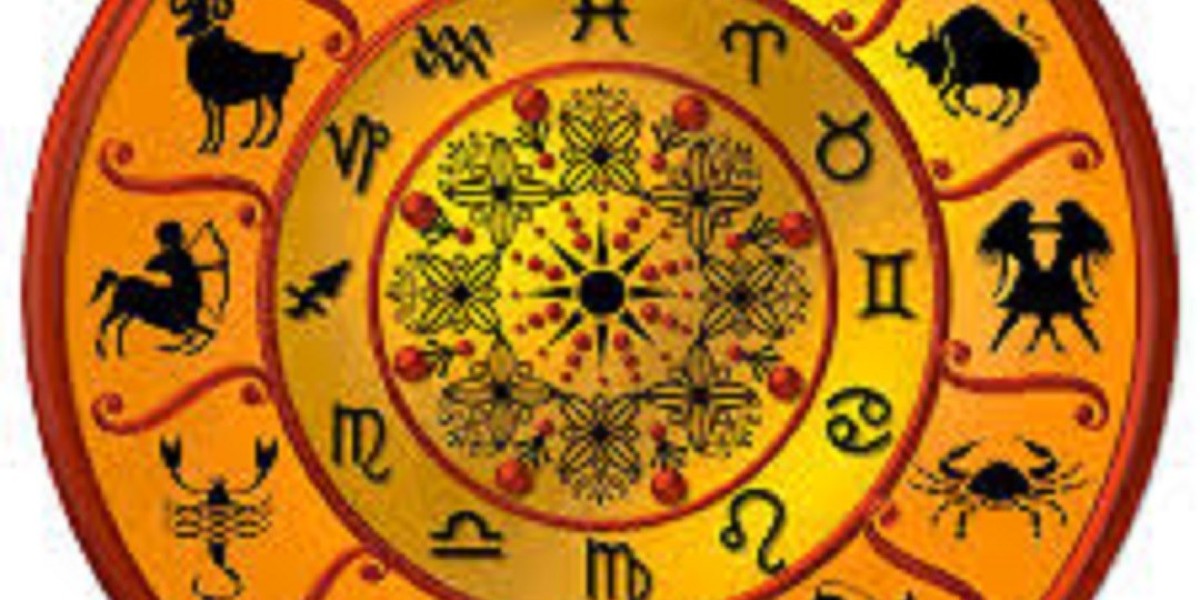Small and recent businesses typically have small marketing budgets and cannot pursue costly marketing strategies. Digital Marketing
For them, flyers are the best way to introduce new products and services to people. Even famous stores advertise discounts with flyers and distribute coupons.
Flyers are versatile marketing tools. Marketers usually take a thin piece of paper and give it to a passerby. People can see information at a glance with bold headlines and body copy. Then throw the paper away or take it home and use it later for your shopping information.

Thousands of people can notice and see your flyers in a single day. So if you continue this marketing strategy for a few more days, you will get a tremendous reach among people.
However, to get the most results from your flyer marketing campaign, you need to choose the right type of flyer, paper, and size. When creating your flyer, don’t stray too far from the basics.
What are the different sizes of flyers?
Now that you understand that flyers should be part of your marketing arsenal choose the perfect flyer size. Knowing them will help you save money and reach the masses, so it’s important to find the perfect flyer size for your marketing campaign. Note that not all flyer dimensions are optimal for all purposes. For example, if you want to let people know about your new product launch, an A5 flyer is probably the way to go. However, if you need to put the flyers in a bag, the smaller A7 flyers are a better choice.
Here are the main flyer sizes you can choose from for marketing purposes:
Flyer size
Don’t neglect the importance of choosing your flyer size in advance. It would help if you considered the graphics area to create your flyer design. Therefore, choose a suitable size so all design elements, such as text and images, can easily fit. This is important for creating marketing flyers.
Although the printer can print any size flyer with no problem, 8-1/2 x 11 inches is generally considered the standard flyer size. Please note that most flyers are printed on one side of the flyer paper.
In the United States, 8.5″ x 11″ is usually the standard flyer size for publication. This size also corresponds to the size of US computer paper. When choosing a smaller flyer size, the most common formats are Letter: 8.5″ x 11 or A4: 8.3″ x 11.7, A5: 8.3″ x 5.8, A6: 5.8″ x 4.1, and DL (Landscape). Dimensions): 8.3″ x 3.9″ or 1/3 of A4. Tips for choosing the right flyer size.
Keeping a few tips in mind when it comes to choosing the flyer size can be very effective. Choose the right size if you use the flyer template online and create it digitally.
i. Content
Flyer design depends a lot on the flyer’s content; choose a larger letter size flyer. A4 size conveys more information. If you’re sending a flyer, choose a size that fits in the envelope. Please choose A6 or DL for the size of the leaflet.
ii. Position
It would be helpful if you could also consider where to distribute the leaflet.
Want to put a flyer on your wall? Thinking of including a good amount of information in your flyer design?
iii. Creativity
If you want to get a little more creative, consider opting for a square flyer. Like Instagram logos, square flyers are also perfect for social media stars.
IV. Type of business
Also, consider the type of business when choosing the size of your flyer. For example, you can choose a long flyer for a restaurant or cafe menu, bar, salon, or spa treatment list.
You can also choose a half-page flyer if you want to convey much information with pictures. Such flyers are usually distributed at specialized events. JUUL
v. Printing cost
Another factor that determines flyer size is the cost of the printer. How much does printing a flyer cost on a particular printer? This cost also influences which flyer size you choose.
Flyers are one of the most cost-friendly and effective marketing tools for maximum results. However, choosing the right flyer size and type is also important. Consider the flyer’s specific purpose when choosing the flyer’s size. In most cases, the common standard size is suitable. Use glossy and expensive paper for marketing luxury goods. Otherwise, plain cheap paper is generally best. Vector Digitizing.








